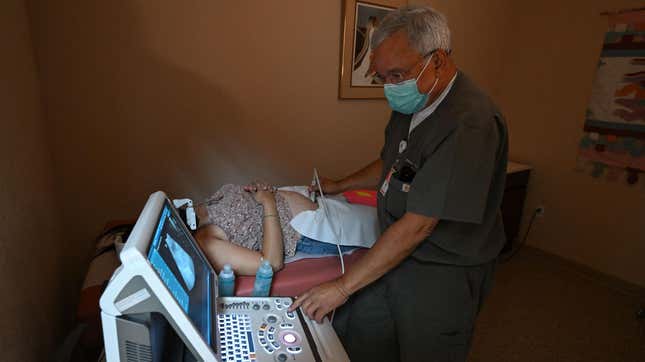Anti-Abortion Activists Are Now Trying to Weaponize Environmental Regulations
If you have an at-home medication abortion in early pregnancy, anti-abortion activists want you to have to dispose of the clots as medical waste.
AbortionPolitics

Now that they’re afraid of putting abortion on the ballot, anti-abortion groups are trying out a new strategy: They want to weaponize environmental regulations, like waste water restrictions, to limit at-home medication abortion, which has become the most common method of abortion in America.
Students for Life of America announced Wednesday that they have filed a citizens’ petition with the Food and Drug Administration to require abortion providers to dispose of any tissue a person produces after taking the pills. The group told Politico, which first reported on the new strategy, that it plans to sue if the FDA rejects or ignores its plea. Kristi Hamrick, the chief policy strategist of Students for Life, said the move is “the next innovation” in restricting abortion.
-

-

-

-

-

-

-

-

-

-

-

-

-

-

-

-

-

-

-

-

-

-

-

-

-

-

-

-

-

-

-

-

-

-

-

-

-

-

-

-








































